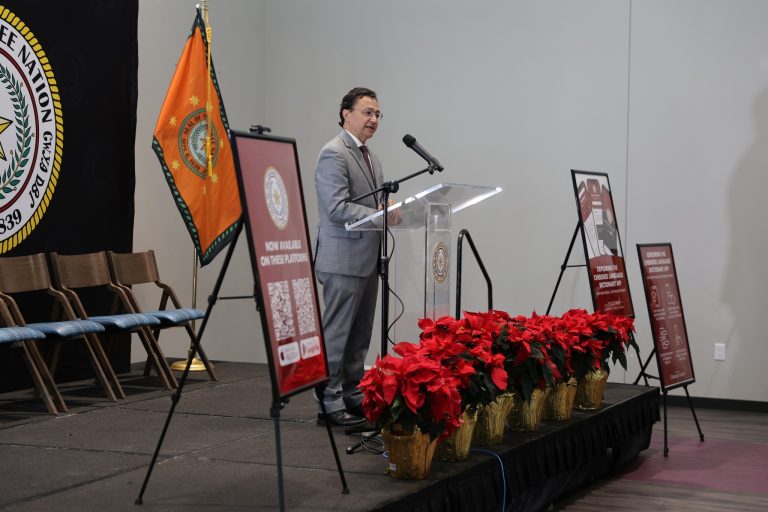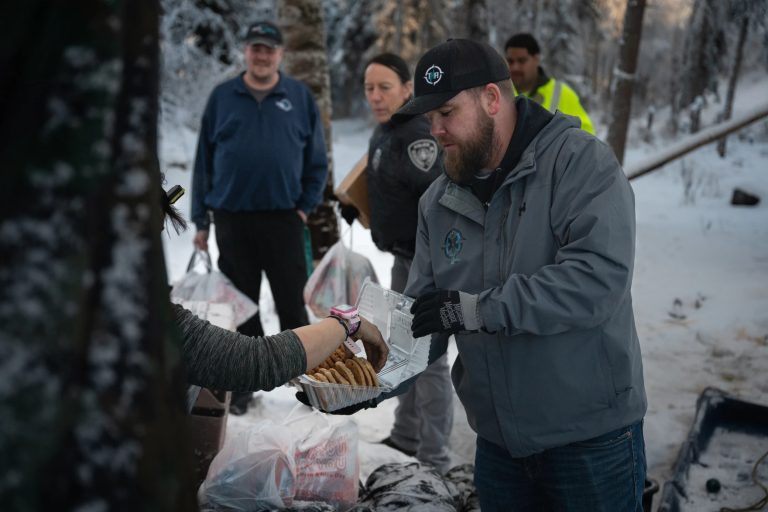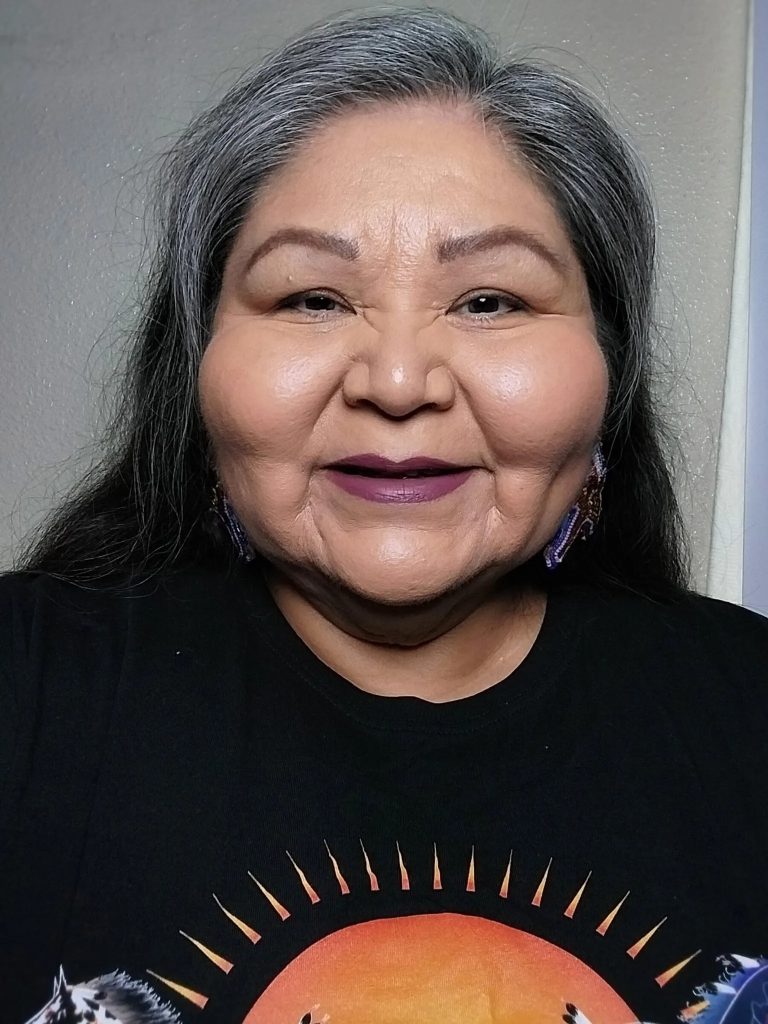Podcast: Play in new window | Download | Embed
![]() Activists are stepping up the legal struggle to get an Indigenous presidential candidate on the ballot in Guatemala.
Activists are stepping up the legal struggle to get an Indigenous presidential candidate on the ballot in Guatemala.
Supporters of Maya candidate Thelma Cabrera are blocking highways and crossroads throughout the country as a way to get their voices heard, while the business community opposes the blockades and electoral authorities say the candidates did not file the correct paperwork.
Maria Martin reports.
Members of the Guatemalan peasant organization called Codeca blocked fifteen roadways to demand electoral authorities allow Maya Mam candidate Thelma Cabrera to run for president, along with her running mate, human rights lawyer Jordan Rodas.
Analysts say this reform ticket poses a threat to the conservative status quo.
Thus, the electoral tribunal and the courts controlled by the ruling party won’t allow these candidates of the left-wing Movement for the Liberation of Peoples to run.
Cabrera and Rodas are appealing to international bodies and the Constitutional court, but for some supporters, road blockades are a more immediate way to gain public attention in a country in which opposition voices are increasingly silenced.
 This week, for the first time since 2020, the annual State of Indian Nations address was delivered in person in the nation’s capital.
This week, for the first time since 2020, the annual State of Indian Nations address was delivered in person in the nation’s capital.
Matt Laslo reports from Washington that Native youth were featured in the address and ensuing meetings.
While everyone’s cheering the end of COVID-19 lockdowns, pandemic wounds and losses are still fresh to many of us, especially young people.
That’s evident at the National Congress of American Indians’ Executive Council Winter Session.
NCAI Youth Commission co-president Caleb Dash (Salt River Pima-Maricopa Indian Community citizen), reminded attendees of the heavy burden his generation bore.
“At the beginning of the pandemic, in 2020, I remember going to check on my relatives, my elders, and my friends…the struggle that our people went through during that time was brutal. I myself lost several relatives that time. My cousins began being more depressed and lonely than ever. But now, we need to reconnect. We need to bring the people in our communities back together again.”
The past is present though.
In her congressional response, U.S. Sen. Elizabeth Warren (D-MA) praised Interior Department Secretary Deb Haaland (Laguna Pueblo) for her federal Indian boarding school initiative. But she says it’s time for Congress to approve a commission to explore the scope of the horrors.
“Even as native children face new threats, the United States still has not reckoned with its shameful history of cultural genocide and assimilation practices through its Indian boarding school policies.”
Today’s native youth know their history and also seem to be finding their voices.
The Youth Commission’s other co-president is Yanenowi Logan (Deer Clan of the Seneca Nation of Indians), who’s studying environmental sustainability at Cornell.
She urged her elders to truly hear today’s youth.
“We ask that tribal leaders and supporters from around the country listen and embrace our stories, engage in action driven dialogue and lend us the support and resources that we demand…The youth of Indian country are drafting a new narrative.”

This week, the Cherokee Nation in Oklahoma announced its registration department enrolled its 450,000th tribal citizen.
According to the Cherokee Nation, it now stands as the largest federally recognized tribe in the U.S., processing a record number of citizen applications during the COVID-19 pandemic.
The Navajo Nation, located in the Four Corners region, reported nearly 400,000 enrolled citizens when the tribe was issuing hardship checks during the pandemic.
The Navajo Nation did not respond to National Native News by deadline about its current enrollment numbers.
Get National Native News delivered to your inbox daily. Sign up for our newsletter today.



